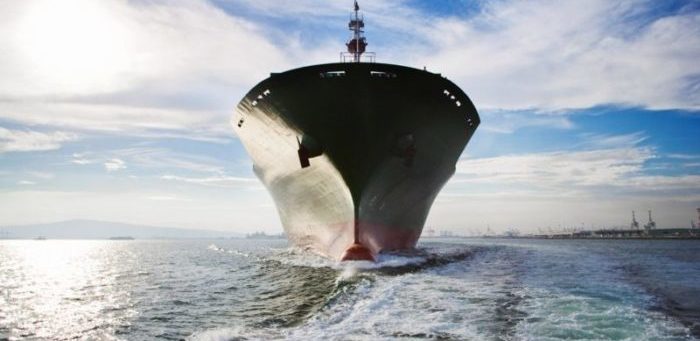Following a report on Maritime Subsidies in OECD countries by the International Transport Forum (ITF) questioning the effectiveness of the EU state aid guidelines (SAG), ECSA noted that the SAG are a profoundly effective instrument to boost the European shipping sector in a highly competitive global environment.
These views are supported by publications such as the Oxford Economics’ Study on the Economic Contribution of the EU shipping industry to the European economy, growth and jobs,
…ECSA stressed.
The report, issued this week by ITF, mostly address the EU state aid guidelines and their application in EU Member States. The ITF report questions the effectiveness of the SAG and makes recommendations for improvements.
In this respect, ECSA said SAG are vital to maintain and strengthen the European shipping sector in the competitive global environment.
Additionally, ECSA referred to the European Commission’s evaluation of the effectiveness of the SAG, which arrived at the conclusion that the SAG need to be continued.
The European Commission is also closely scrutinizing new or modified national measures, which requires the approval of DG Competition before they can enter into force.
In this way, any distortion of competition between EU Member States is avoided, the Association highlighted.
Beside the scope, ECSA also questions the methodology of the report: its main flaw being that the global nature of the industry is not reflected in the analysis, which solely focused on EU practices.
On the issue of employment, ECSA noted, it is vital to take into account fundamental differences between EU Member States’ labour markets for seafarers, which are missing in the ITF report.
Although critical about the report’s methodology, conclusions and recommendations, ECSA is prepared to discuss ways to improve the framework conditions for EU shipowners and EU seafarers, provided that the effectiveness of the current SAG is safeguarded and the international level playing field for EU shipowners is not jeopardized.
Maritime subsidies are related to support for national flags, seafarer employment, the competitiveness of maritime clusters, promoting high quality standards and maintaining maritime connectivity. They can take the form of budgetary expenditures, tax expenditures and transfers of financial risk to governments.































































